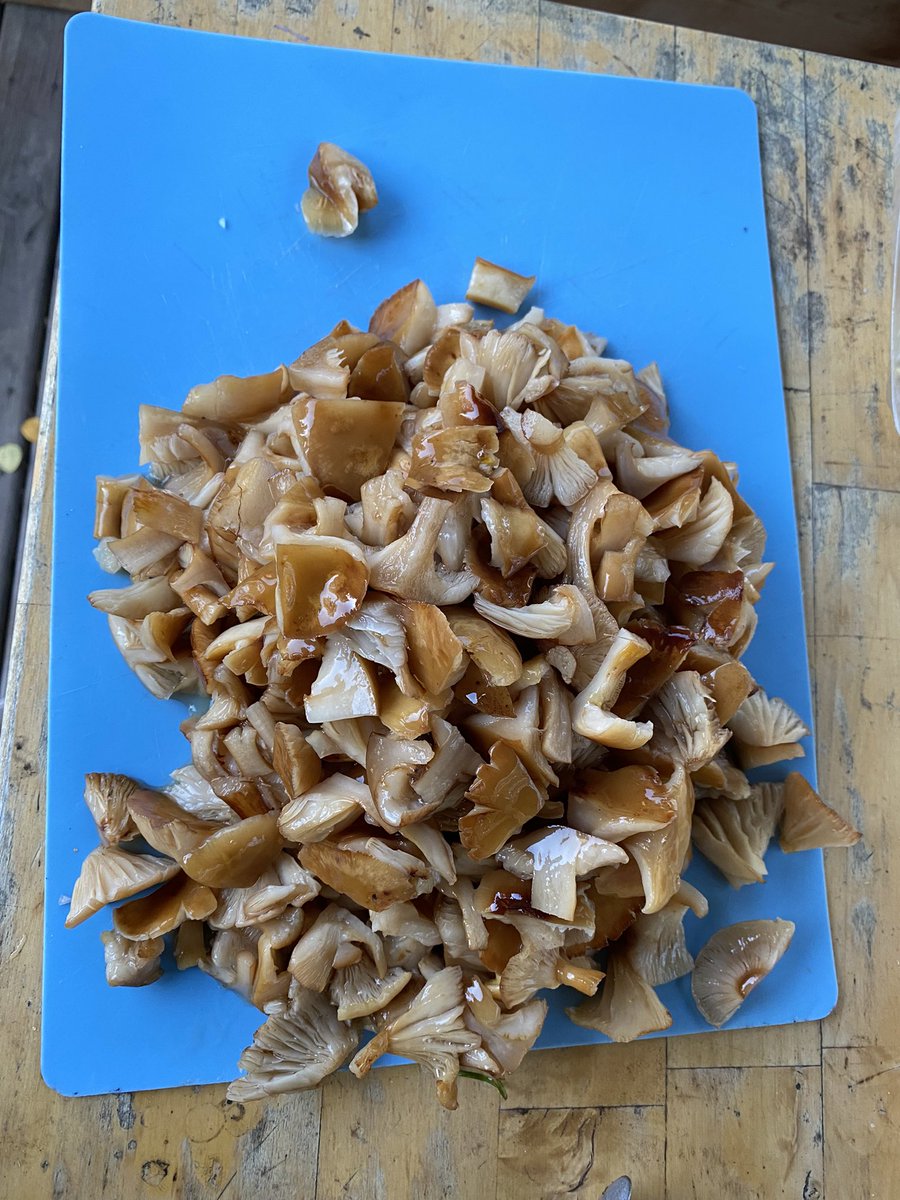
So, we’ve reached 34 deaths per day from COVID. It’s a shocking number that really gets swamped over by all the other numbers. I’m going to describe the usual dying process in the ICU from this disease. I’m wearing my clinical hat, be warned.
The trip through the ICU is serpentine. We admit patients now who not only have low oxygen levels, but are in distress. Prior to that internal medicine physicians have been providing ICU level care on the floors.
They treat potential coinfections, mange noncovid aspects of patient health and importantly try to turn the course of the disease with steroids and monoclonal antibody therapy. If the trajectory is set, they come to the unit to be placed on a ventilator.
This is where we are learning as we go. First you must understand that we are usually 14 days away from the initial infection. The virus is long gone by now. If coronavirus was the lightning storm than what we are dealing with is the wild fire that got out of control.
That is why none of the antiviral therapies work in the ICU. We are battling uncontrolled inflammation. You know when you bang your arm and it hurts way more the next day? Like that, but because COVID targets blood vessels it’s like banging every part of your body.
Just like you putting an ice pack on that bruise, we are using dexamethasone, a steroid, Tocilizumab, an interlukin blocker, and COV-REGEN2 in those who are late antibody formers. All the while we are waiting for the fire to go out, so we can see what happens next.
It’s what we like to call the, “do no harm phase.” This is where we try to find the balance of getting enough air in the patient so they don’t suffocate while trying not to tear up their stiff lungs and start the inflammation up again. If this were a joint you wouldn’t move it.
But that’s not an option, unless your a candidate for ECMO, which is where we put the patient on a lung bypass circuit. Oxygen and CO2 exchange outside the body via garden hose size cannula placed in the neck and groin. It’s pretty exceptional, & we can only do about 12 @ a time.
In the non ECMO pathway, we take it day by day. Our job is to protect the vulnerable patient from other things. Blood clots, bacterial infections, skin break down, kidney failure, malnutrition while we wait for the lungs to heal. It can take weeks.
Ok, now take a deep breath, all the way. Trust me. Just do it. Now hold it. That’s your new starting point. I want you to take your next breath from there. And your next. Don’t cheat. Pretty anxiety provoking, right?
To keep people with this lung disease (it’s call ARDS) from ripping their lungs apart we need to sedate them very heavily. Sometimes even paralyze them. It can make people incredibly weak, but there are no other options.
No for weeks we wait. Waiting for the lungs to heal. To relax. There is no clear way to predict who will get better and when. It’s an unclear pathway dictated by genetics and immunity. It’s heralded by the ventilators silence as it can relax and not push the air so hard.
At that point we can start to wake our patients up. There emergence is often dramatic, like coming up from deep water. We need to be gentle. Too much struggling and we can lose all of our gains.
I’ve seen some get better quickly. They act like good old bacterial pneumonia. Others take longer. We talk to families about tracheostomies and long term ventilation. They make progress but they will have long term complications from their journey.
There is however a subset. They seem to improve initially, but despite everything we do they deteriorate after a week on the ventilator. No matter what we do their lungs get stiffer and stiffer. Instead of healing, their lungs are replaced be scar tissue.
We search for hidden infections, scan them for blood clots, look for strange drug reactions and autoimmune disease. Over the ensuing weeks, their hearts start to fail from the tremendous work of pushing blood through fibrous lungs.
Deprived of blood the kidneys fail first. Dialysis will keep them going forward a while longer, but without lung transplantation the heart eventually stops. Often we sit down with families before these final things happen to let them know the path their loved ones are on.
We seek out there values and goals. We let them know what we can accomplish and what we can’t. It’s often choosing between the lesser of two evils, and often I am conflicted about putting people in such difficult positions.
The journey of dying in the ICU from #COVID19 takes on average about a 6 weeks. I have seen what that does to families.
Despite our resources and technology we can do little but support our patients and their families through the process waiting for them to heal.
Despite our resources and technology we can do little but support our patients and their families through the process waiting for them to heal.
And though most who read this thread know that vaccination can prevent almost all of this, it is why those of us in healthcare struggle knowing this is now preventable. It’s a thought that torments us through every day of those 6 weeks.
• • •
Missing some Tweet in this thread? You can try to
force a refresh





